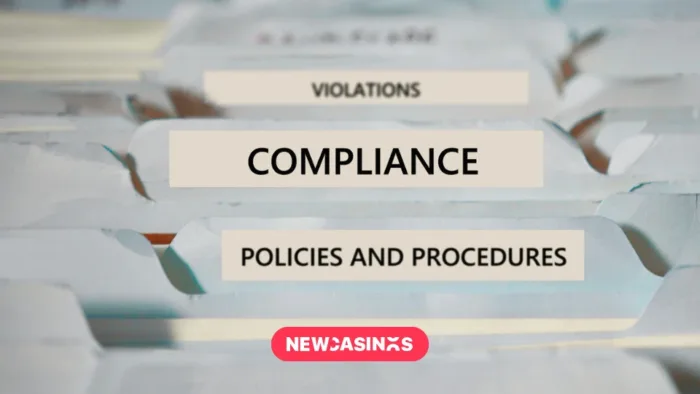Respect the Dealer and Other Players
Live dealer games are one of the closest things to a real casino online. There’s an actual person on the other side of the camera dealing cards or spinning wheels. That’s not just a game, it’s also their job. Rudeness towards dealers is a big no-no. Dealers don’t control the cards or the outcome. Getting frustrated after a losing streak should not mean taking it out on the dealer.
The same goes for fellow players. The anonymity of the internet doesn’t give anyone a free pass to be nasty. Most live casino games have chat functions, and while a bit of banter is expected, but nothing that is offensive or disrespectful.
Don’t Hog the Chat
Casino chatrooms, especially in bingo and poker games, can get lively. But there’s a rhythm to them, and players who constantly post spam, shout in all capitals, or flood the feed with messages risk annoying everyone else. There’s a difference between joining in and dominating the room.
One-liners and a bit of friendly chat is great. Walls of text about personal problems or endless complaints about losing? Not so much. Chat etiquette is about balance. Listen, join in, don’t hijack the room.
Mind the Speed of Play
Online games tend to move fast. The system keeps things ticking along nicely, but live poker or blackjack tables often require player decisions in real time. Constant delays can break the flow. Players who regularly take the full timer to make basic decisions stand out, and not in a good way.
Most platforms give a bit of leeway, but others might prompt a warning or even remove inactive players. No one expects lightning-fast reactions, but stalling every round is just frustrating for everyone else.
No Backseat Gaming
Ever sat at a virtual table and seen someone comment on how another player should’ve played a hand? It’s called backseat gaming, and it’s frowned upon in both online and real-life gambling. Everyone plays their own game. Pointing out “bad moves” or giving unsolicited advice isn’t just annoying, it can feel like passive-aggression wrapped in fake helpfulness. People can make their own choices about how they want to play the game.
Offering friendly tips outside of hands or in a beginners’ room is one thing. Constantly chiming in like a wannabe coach is something else entirely. It is even a frowned-upon tactic in some games like poker, as people might be trying to unnerve opponents.
Stick to the Rules and the Spirit of the Game
This might seem obvious, but there are ways to bend the rules without technically breaking them. For example, sitting at a poker table and folding every hand just to collect loyalty points. Or exploiting loopholes in promotions without any intention of actually playing. It’s not illegal, but it’s frowned upon.
Casinos may watch for this kind of behaviour, and other players definitely notice. The best experience comes when everyone plays the game for what it is and not as a loophole to squeeze out bonuses or edge out others unfairly.
Avoid Multi-Tabling Abuse
Some seasoned players open multiple games at once. This happens a lot in poker or blackjack. It’s a skill, and plenty do it well. But when players open too many tables and can’t keep up, it slows down games for others. If a player can’t manage the pace and keeps everyone else waiting, it’s a sign they’ve taken on too much.
The best etiquette here is simple: know your own limits. Play multiple tables only if it doesn’t hurt the pace or experience for everyone else at the table.
Celebrate Wins, But Don’t Gloat
Winning is fun. And it’s natural to want to celebrate when a jackpot drops or a lucky streak hits. But there is definitely such a thing as a bad winner.
A few simple cheers in chat? Totally fair. But rubbing it in or constantly reminding everyone how much was just won gets old fast.
On the flip side, players also don’t need to sulk every time they lose. Some venting is okay in the right scenario but drowning the chat in negativity just kills the mood.
Don’t Share Personal Info
In community-based games like bingo or poker, conversations can drift into real life. That’s fine in moderation. But players should never feel pressured to share details about themselves. And it’s bad form to ask others overly personal questions, especially in a public room.
The usual internet safety rules apply: no sharing full names, addresses, phone numbers, or bank info. It’s not just about safety as it keeps the focus on the games and avoids making others uncomfortable.
Know When to Walk Away
Casino games are meant to be entertainment, not a last-ditch effort to recoup rent money. Good etiquette includes knowing when to take a break, especially when emotions run high. A player who keeps pushing after a long losing streak may not only stress themselves out, but also bring down the energy in the room.
Most online casinos offer self-exclusion tools, limits, and time-outs. Smart players use them when needed and know where they can go to get some help. Responsible gambling is always recommended.
Discover the Latest Casino News






